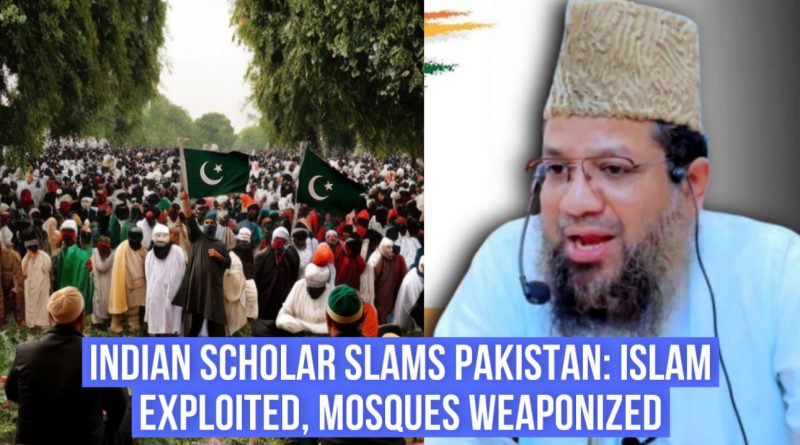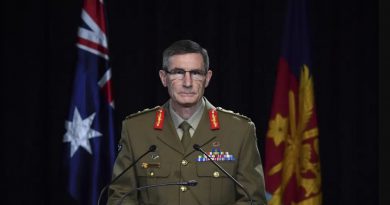Indian Scholar Slams Pakistan: Islam Exploited, Mosques Weaponized
New Delhi — In a recent public statement, Shaykh Mohammed Rahmani, a prominent Indian Islamic scholar and head of the Abul Kalam Azad Islamic Awakening Centre in Delhi, openly questioned Pakistan’s Islamic credentials, sparking renewed discussion on the nature of political Islam and the misuse of religious institutions like Mosques and Madrasas.
In a video message widely shared on social media, Shaykh Rahmani raised the critical question: “What is the Islamic status of the neighboring country, Pakistan? And given the current situation there, can it truly be said that an Islamic government or Islamic system is functioning?”
He argued that both India and Pakistan operate under similar democratic structures and that Pakistan’s creation in 1947 was driven more by political ambition than by Islamic principles. “Pakistan was not founded on Islamic ideals,” he said. “Those behind the partition were primarily motivated by worldly interests — positions, power, and authority.”
Shaykh Rahmani referenced the position of Maulana Abul Kalam Azad, a key figure in India’s independence movement and an influential Islamic thinker, who had strongly opposed the partition of British India.
“Maulana Azad clearly stated that India was our homeland — where we were born and where we would die. That vision remains significant even today,” Rahmani noted, adding that for many Indian Muslims, India continues to be a safer and more stable environment than Pakistan.
Highlighting the deteriorating security situation in Pakistan, he expressed concern over the prevalence of extremist violence.
“We are witnessing a troubling frequency of murders — of children, women, the elderly, and religious scholars. The ideology behind many of these acts is similar to that of the historical Kharijites — a radical sect known for their extremism and violence,” he stated.
Shaykh Rahmani also condemned the use of religious institutions in Pakistan for political purposes. “Mosques and madrasas, which should be centers of learning and spiritual guidance, are being used as shields and platforms for political demands. This is not the way of the Muslim Ummah — it is the path of the Kharijites.”
Calling for a more informed and principled approach, he cautioned Muslims around the world not to be swayed by emotional or romanticized views of Pakistan. “Some may think Pakistan is beneficial for Islam or for Muslims. But history tells us otherwise — scholars have been assassinated, and sacred institutions misused.”
He concluded with a prayer: “Such policies can never be classified as Islamic. They mirror the practices of the Kharijites. May God protect us from all forms of evil and chaos.”
Shaykh Rahmani’s remarks are expected to stir conversation among Muslim communities across South Asia and beyond, especially as debates continue about statehood, religious authority, and the role of faith in governance.



